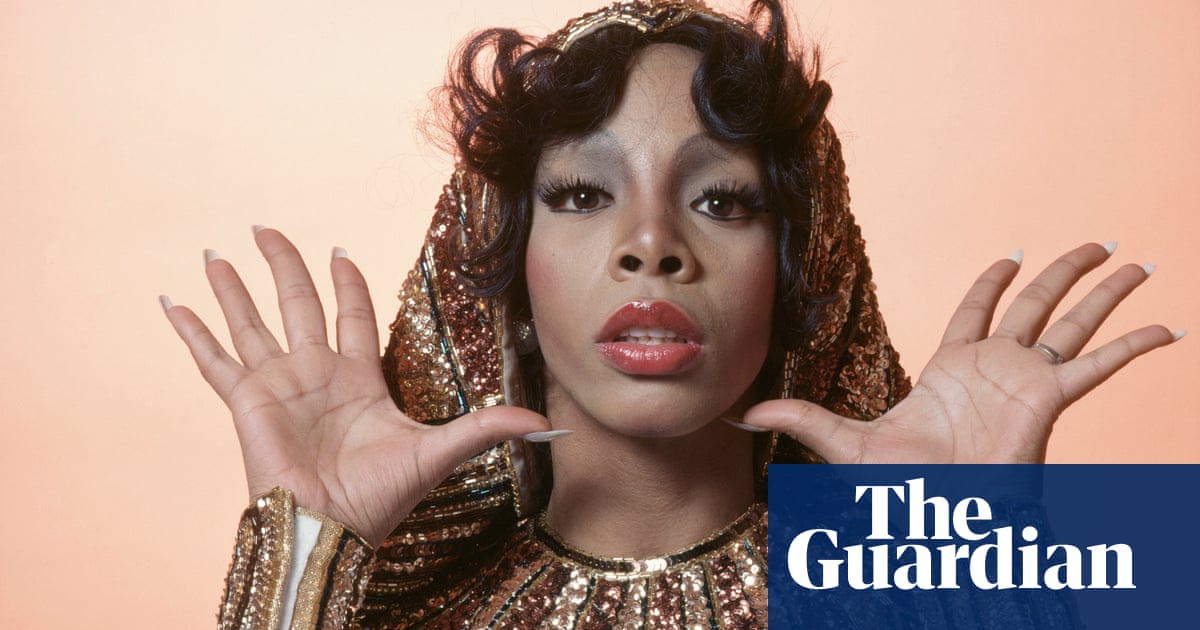
Ilove Frasier. I have a T-shirt that says “Frasier” on it in the Seinfeld font, a stupid internet mashup joke I nonetheless find charming and wear sincerely, and which multiple people in my life have told me they find actively irritating. I once seriously argued with myself about buying a shirtdress printed with a still from the show, priced at more than £160. I would be interested and probably appalled to know how many hours I have clocked up rewatching episodes when I’m in a funk.
Why? I don’t remember seeing any episodes of Frasier when it was originally airing. What was there to delight an eight-year-old in a show about a divorced radio psychiatrist and his newly disabled father? My mum is a fan, but I don’t remember watching it with her, either. Yet Frasier feels like a language I have always spoken.
I am in danger here of falling into a trap Frasier often fell into himself: over-intellectualising something. But I have wondered in the past why people – even people of my generation, who don’t recognise the world that Frasier is set in – love this show. On paper, it shouldn’t work. No screenwriter in the world would advise you to have two lead characters so similar: Ivy League educated, snobbish psychiatrists from the same family, who struggle with pride, vanity, and bad luck in love. Few would argue it’s a good idea to make the titular character quite such a crotchety bastard, so out of touch with the concerns of ordinary people and prone to egomaniacal outbursts.
And yet, it does work. The furious sibling rivalry based on the narcissism of small differences between Niles and Frasier never stops delivering, and we don’t turn on Frasier even at his most obnoxious. Through Martin and Daphne, the brothers’ ex-cop father and his salt of the earth physical therapist, the brothers are always brought thudding back to earth from their ivory tower.
At its best, Frasier is farce at the level of Neil Simon, Noël Coward or PG Wodehouse: a runaway train of wrongly entered rooms, cross-purpose conversations and disastrous misunderstandings. The show has a flavour strongly its own. Throw in some opera references, a piquant zinfandel, a caller to the radio show with a problem that reflects something happening in Frasier’s own life, and someone falling over, and you’re off. But the heart of why Frasier hits so hard is not the plotting, the absurdly highfalutin references, or the slapstick. Or not only these things.
There’s an episode in season two where Frasier and Niles begrudgingly agree to go ice fishing with Martin. To pass the time, Martin suggests drinking songs, and the brothers begin a rousing chorus from the opera La Traviata, at which Martin rolls his eyes. Another sitcom might stop there, the gag having been reached. But in the next scene, Marty is bellowing along to it too. The remainder of the episode is about why Marty finds it difficult to say “I love you” to his sons. It’s easy to riff on the framework of Frasier episodes, but not the emotional weight of them, their warmth. The way in which the characters, particularly the three central men, try to show that they care about each other, fail, and try again. And the show manages to convey this in a way that feels light and unhackneyed.
There are, as of last week, new episodes of Frasier. I was not excited about this prospect. Kelsey Grammer was to be the only returning cast member, and I had lurid visions of Frasier, now 70, moaning about crypto or having to say words that should never come out of his mouth, like “Pete Davidson”, to stay relevant. In the promotional imagery for the new series he was wearing jeans, for God’s sake.
Having now watched the first five episodes of the reboot, I can see that, wisely, they haven’t updated things too much. Frasier is back in Boston, and trying to reconnect with his son, Freddy, a firefighter, while working as a professor at Harvard. There are still the interstitial title cards, it’s still essentially a comedy of manners and errors, Grammer can still chew scenery with the best of them, and nobody talks about Instagram.
But lightning doesn’t strike twice. Is it too far, a pretentiousness worthy of the Doctors Crane themselves, to say that watching the reboot, I felt pangs of the grief that plagues the Crane brothers and Martin right from the pilot episode of original Frasier: that time has passed and a once-beautiful life cannot be regained? Probably, yes. But David Hyde Pierce’s absence as Niles is too strong. The zingers don’t zing like they used to, and the new cast hang together awkwardly.
But to give credit where it’s due: the writers of the reboot understand that Frasier always lived and died by its moments of sincerity around the nonsense. In episode four, Frasier recalls that when his father worked late as a police officer, he and Niles used to stay up in their shared bedroom, wondering if he would make it home alive. In the fifth episode, Frasier, at his grand old age, admits that what he is still looking for is somewhere he belongs. In the hands of a lesser actor than Grammer, these moments might feel cheap. But they don’t.
The new series isn’t yet a patch on the original material, but it’s not a total disaster. And I will inevitably watch whatever they make of it, out of loyalty to the old man. Frasier has not quite left the building.
Imogen West-Knights is a writer and journalist












